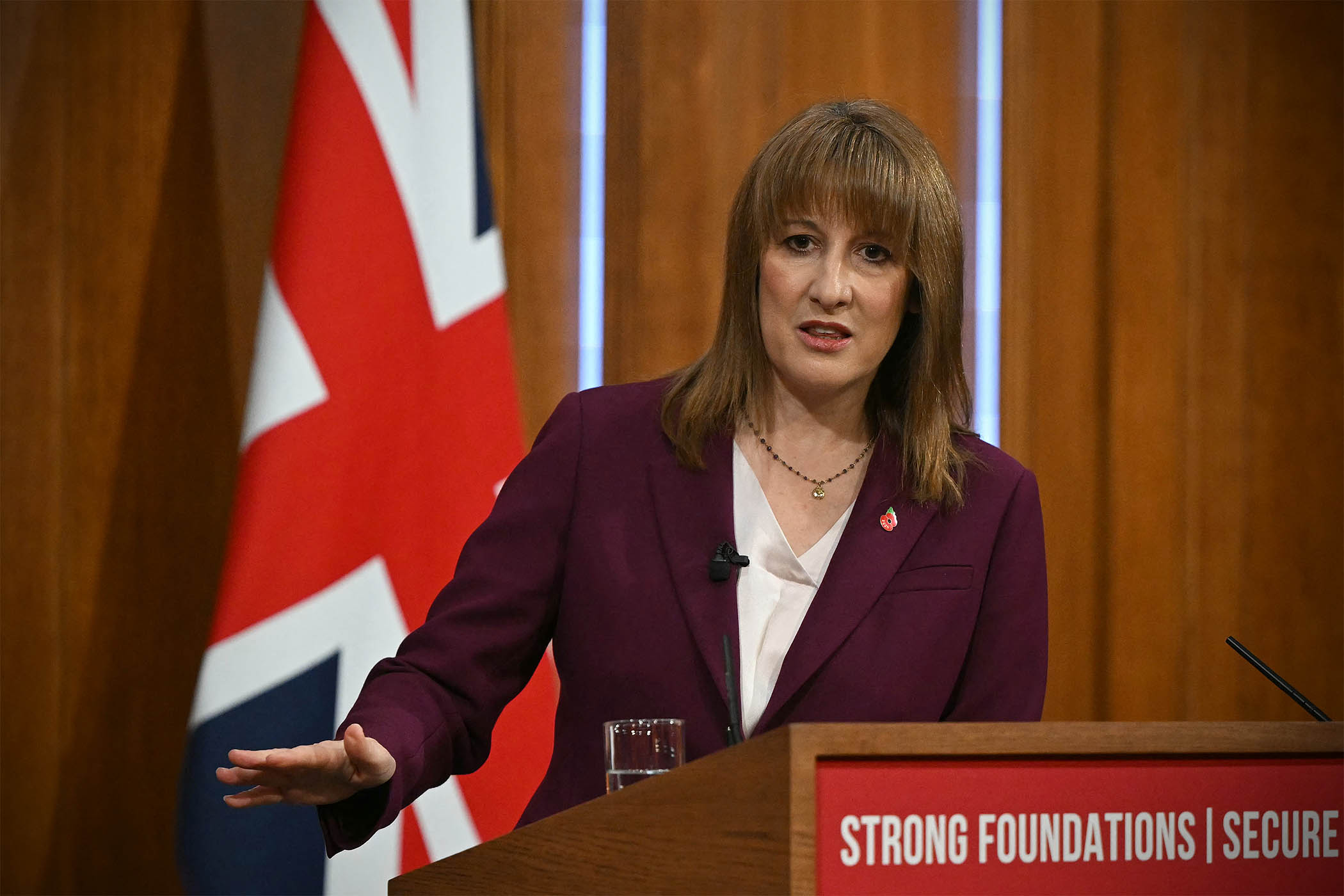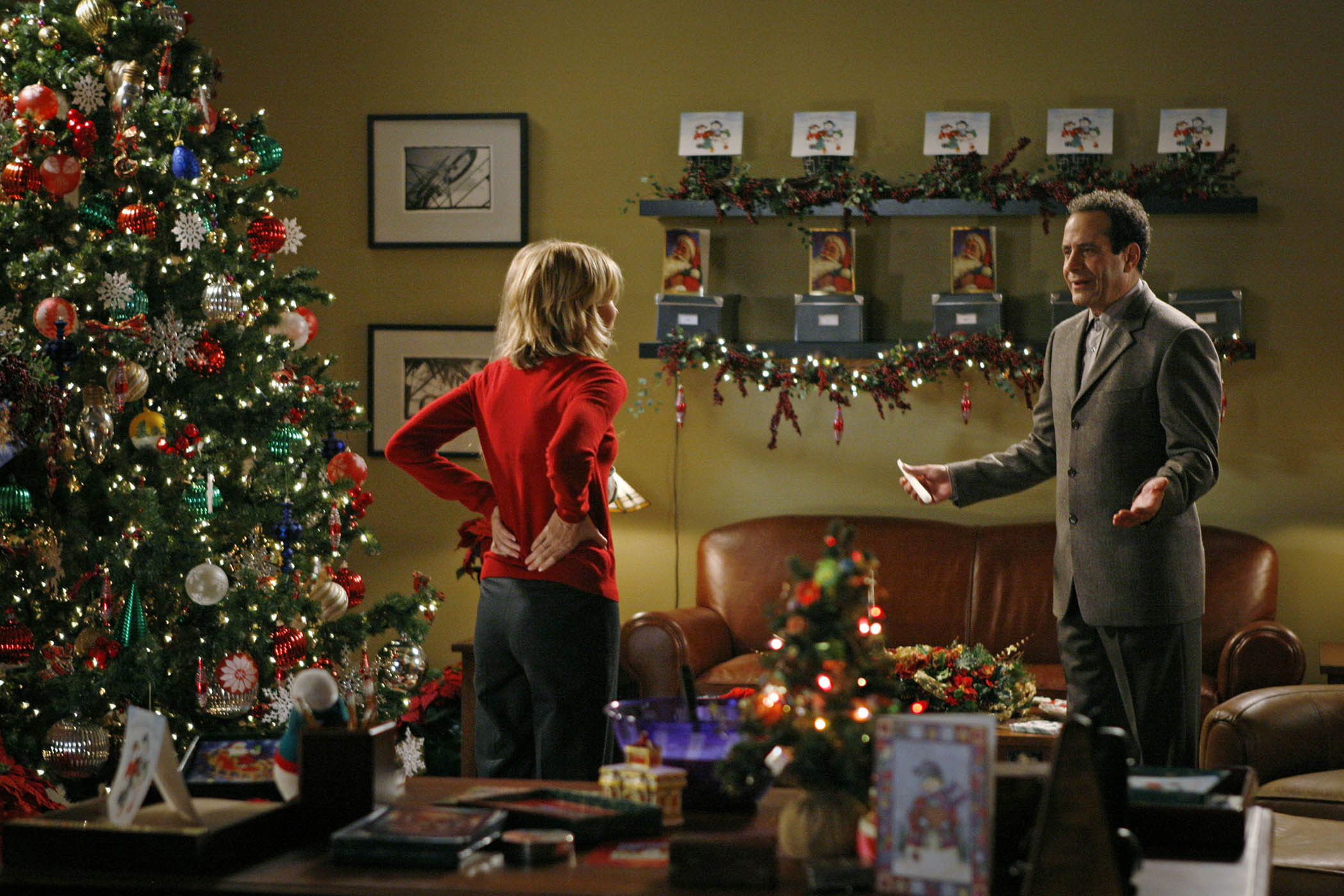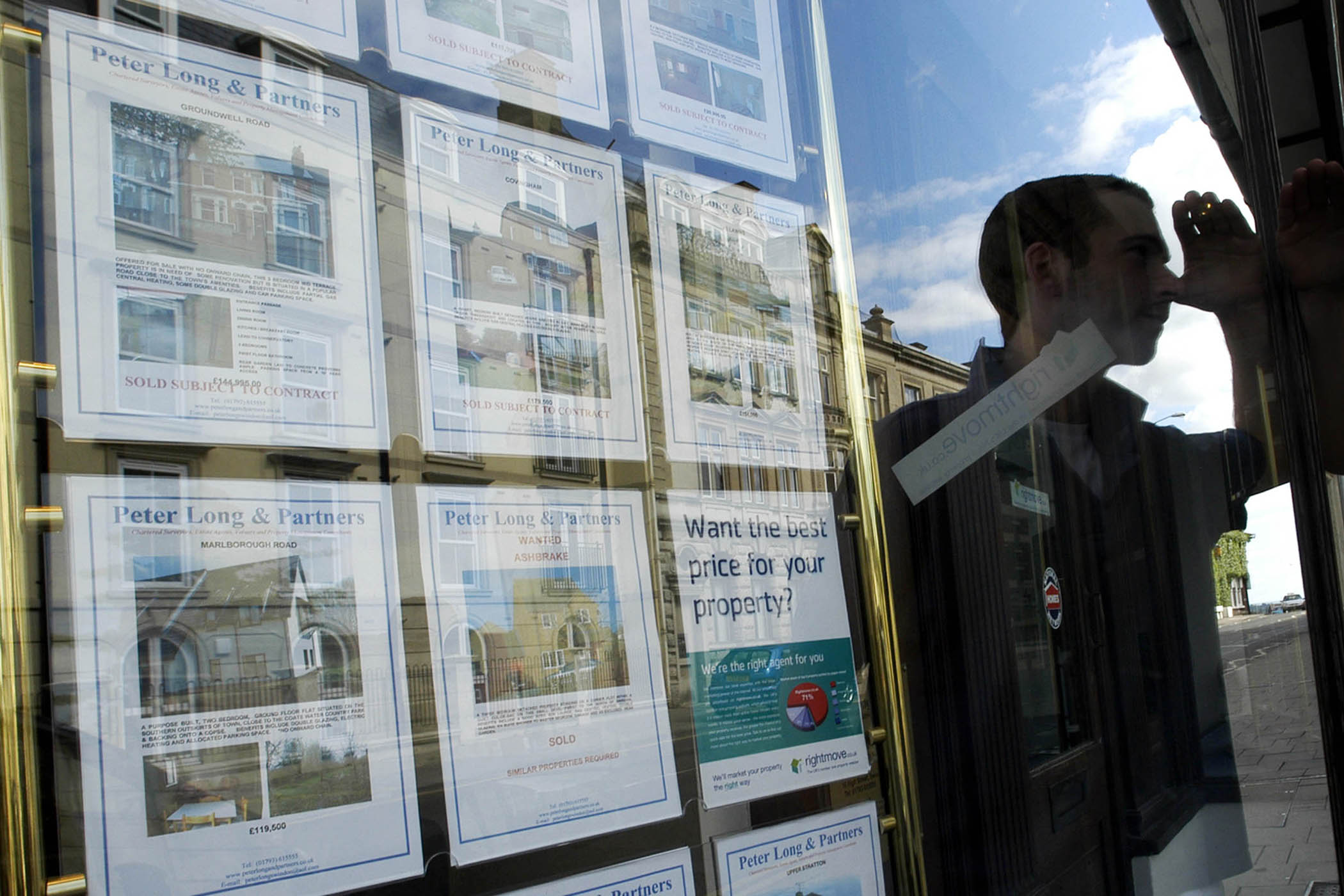The veil has been ripped away from pre-budget purdah. Time was when chancellors would insist on a period of strict secrecy in the run-up to the most significant financial event of the year for fear of roiling markets and exciting speculation.
Rachel Reeves cast that convention aside today when she staged a major look-at-me news conference, which was extensively trailed in the media before being beamed out of Downing Street in time to catch the breakfast TV shows.
One of the chancellor’s goals was to marshal her arguments in advance of what is clearly going to be an extremely hairy event for the government. There are going to be dishes on the budget menu that many voters won’t find at all appetising. The thinking goes that people may find it a little easier to swallow if they’ve been given some advance warning that it won’t taste nice.
There was also a lot of pre-emptive excuse-making as she detailed the ways in which Brexit, Covid, growth downgrades, persistent inflation, volatile supply chains, Trumpian tariffs and Russian aggression have all made it more difficult to make her sums add up. She had to “deal with the world as I find it, not the world as I might wish it to be”.
Few think that increased sin taxes and harvesting more revenue from the wealthy will be enough by themselves
Another aim was to try to frame the debate to the chancellor’s advantage. She is pitching herself as the woman who can keep debt under control while ensuring adequate resources for services that the public care about, especially the NHS. She seeks to cast Reform and the Conservatives on the other side of her dividing line as parties that would be reckless with both the public finances and public services. Tory claims that they can slash government spending by £47bn would, she contended, entail “devastating consequences for our public services”.
Related articles:
What stands out most of all is that she is putting Britain on notice that substantial tax rises are coming. Increased levies on gambling look a certainty. A long-overdue overhaul of property taxation, which will mean that the owners of pricier homes pay more, also appears to be on the cards. Yet few think that increased sin taxes and harvesting more revenue from the wealthy will be enough by themselves to mop up the gallons of red ink on the Treasury’s spreadsheet. There was a pretty explicit nudge to expect tax rises that fall widely. “If we have to build the future of Britain together, we will all have to contribute to that effort,” she said, and rammed home the point by also remarking: “Each must do our bit.” On the markets, sterling wilted against the dollar while UK government bonds strengthened, indications that the money-movers expect a fiscally flinty budget that may accelerate the pace at which interest rates come down. Questioned about breaking manifesto promises, she responded that she had “got to do the right thing”, even if it was unpopular. Though allies insist a final decision has not been taken, that sounded very much like pitch-rolling for the first rise in the basic rate of income tax since April 1975.
As I reported at the weekend, the most intense discussion within the government is about whether or not to raise the rate by 2p in the pound. The thinking goes that the chancellor might as well do 2p because 1p would attract the same level of vilification while harvesting half as much revenue. Raising income tax would be relatively simple to implement and would bring in serious amounts of money. Proponents argue that it is better to raise one broad tax than to go for more from multiple, narrower taxes that squeeze specific industries and sections of society. It is also the case that income taxes on median earners are relatively low, not least because successive chancellors for the last 50 years have only ever moved the basic rate in one direction – downwards.
The case against raising income tax can be starkly put. It would be a flagrant breach of the signature manifesto promise. Before, during and for a long time after last year’s general election, the chancellor and the prime minister repeatedly insisted that there would be no reneging on their pledge to freeze the rates of income tax, national insurance and VAT. You can expect clips of them making that promise to be endlessly replayed if they bust it at the end of the month.
It is not hard to find Labour MPs and ministers who recoil with horror at the potential consequences. Some fear it will turn out to be Nick Clegg dishonouring his election pledges on tuition fees, on stilts. The then leader of the Lib Dems never recovered from being defined as a promise-breaker, and Labour could share the same fate. Political veterans may recall what happened to George Bush senior, the US president who said “Read my lips, no new taxes” to win an election, only then to be impelled to jack up taxes. He probably did the right thing by the US economy but he permanently alienated a crucial segment of the electorate. Voters have a history of being very unforgiving when explicit tax promises are broken.
Then again, this government is so unpopular already that perhaps sympathetic Labour MPs are right when they say raising income tax wouldn’t make all that much difference to its standing. And there is some polling to suggest that voters are more bothered about the state of public services, especially the health service, than concerned about how much Labour stays faithful to its tax pledges. If the chancellor rolls the dice and puts up the basic rate, we will find out whether that is actually true.
Photograph by Justin Tallis/AFP via Getty Images



